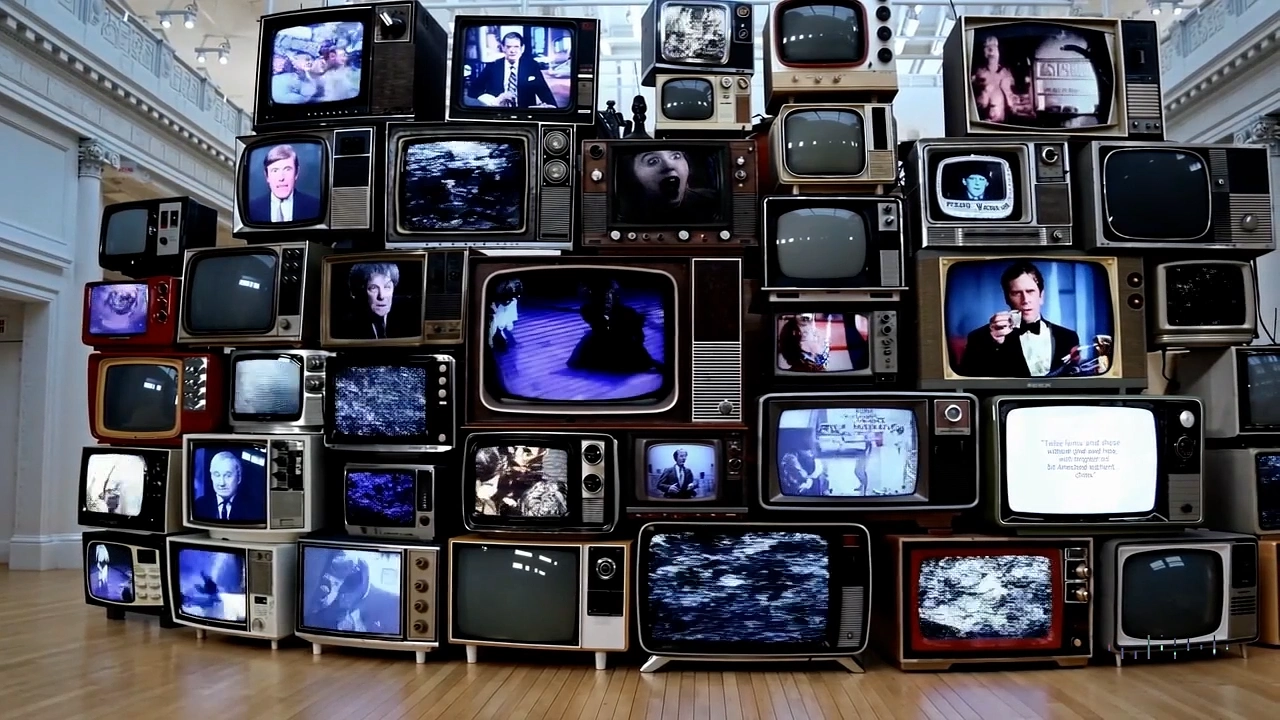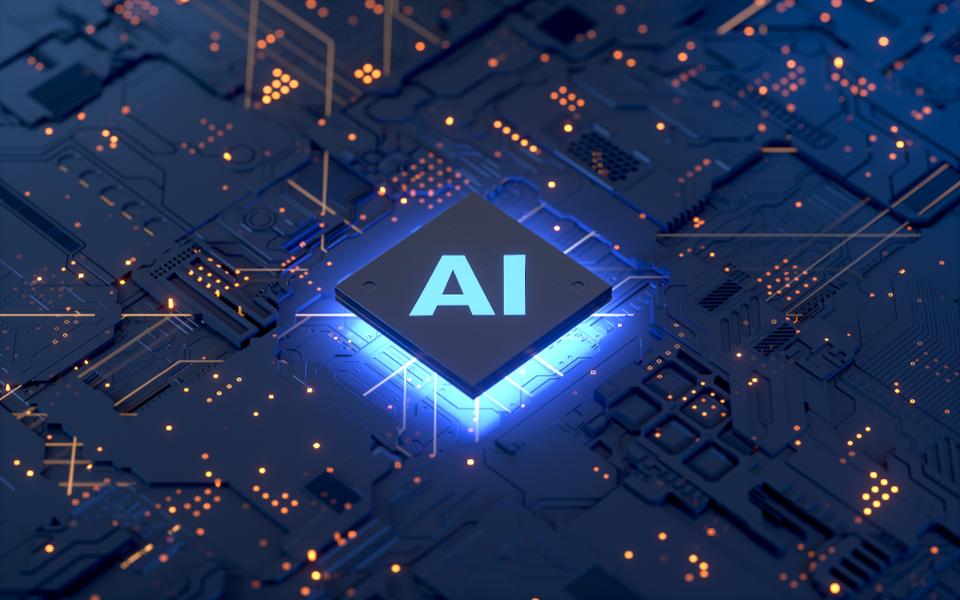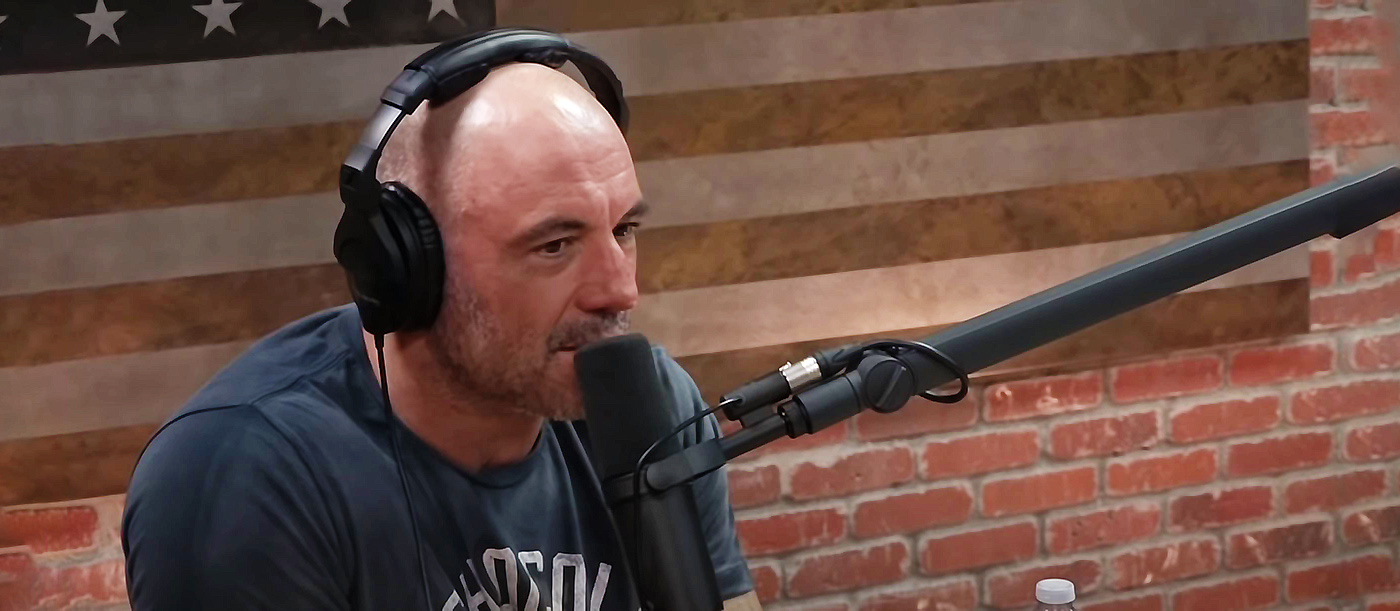Getting AI to create videos has been a challenge, but today OpenAI has unveiled Sora, a significant advancement in the generation of realistic and imaginative videos based just on a textual description being inputted.
All the videos on the right have been purely created by AI, which almost look too real to believe, but if you look carefully, you will always find something that isn’t quite right.
It has a good understanding of language, interpreting text instructions and translating them into intricate scenes with multiple characters, specific types of motion, environmental details, and multiple shots within a single generated video, creating videos up to a minute in length.
In the future, anyone will be able to generate a video of anything, which will shake up things up a bit. As video has generally been a reliable source of truth; news rooms around the world rely on this. I think we will seen videos of the future having to be certified with cryptographic certificates as a means to verify the source. But for now, these AI models will be trained as to not output videos that could potentially be damaging -this can only be a short term solution.
OpenAI is currently trying to make their technology safer before going live for public use. They are collaborating with different field experts as make it detect and deny misleading content generation.
These videos currently take a huge amount of compute resource which is not available to most people, but as computer hardware becomes faster and cheaper, anyone will soon be able to create any film they can imagine.
AI video gone wrong..
Technical notes
While significant progress has been made in image generation, extending these capabilities to videos requires novel approaches that can handle temporal dynamics and spatial complexity. In response to this challenge, OpenAI has developed Sora, a versatile model capable of generating videos and images of varying resolutions, aspect ratios, and durations.
Unified Representation: Sora employs a unified representation approach inspired by large language models, enabling it to handle diverse types of visual data. By converting visual inputs into patches, similar to tokens in language models, Sora can effectively capture the complexity of videos and images, facilitating large-scale training and generation.
Model Architecture: At the core of Sora is a diffusion transformer architecture, tailored for video generation tasks. This architecture scales effectively, demonstrating improved sample quality with increased training compute. Additionally, Sora incorporates a video compression network, which reduces the dimensionality of visual data and enables efficient training and generation within a compressed latent space.
Training Methodology: Sora is trained on a vast dataset of videos and images, allowing it to learn representations that generalize across different modalities and scenarios. Training data is utilized at its native size, providing sampling flexibility and improving the composition and framing of generated content. Moreover, Sora is trained on highly descriptive video captions, enhancing text fidelity and overall video quality.
Simulation Capabilities: One of the most remarkable aspects of Sora is its emergent simulation capabilities. By leveraging its scaled architecture, Sora can simulate complex interactions within digital environments, including dynamic camera motion, object persistence, and interaction with the simulated world. These capabilities pave the way for the development of highly-capable simulators of the physical and digital world.
Applications: Sora has diverse applications in video and image generation, including content creation, video editing, and simulation. It can be prompted with textual input, pre-existing images, or videos, enabling a wide range of creative possibilities. Additionally, Sora’s simulation capabilities open new avenues for research in areas such as virtual environments, gaming, and entertainment.
The Developers Explain AI Video Generation
These AI generated videos looking amazing..
Listen to the podcast





